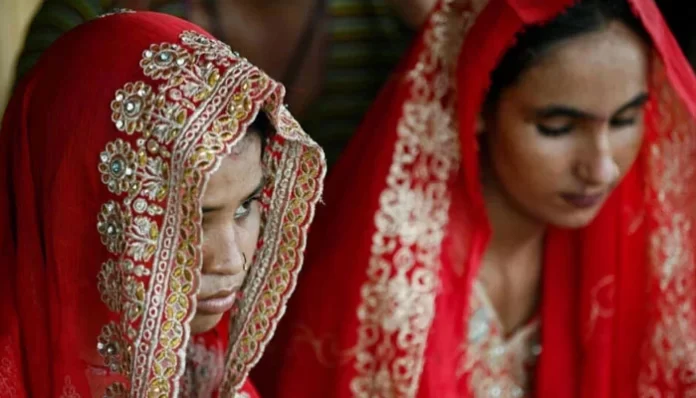In a hopeful step toward protecting childhood and dignity, Pakistan’s new Child Marriage Restraint Act aims to end the deeply harmful practice of child marriage
Child marriage is a global issue and a violation of human rights. It is often driven by multiple factors, including poverty, harmful social norms, gender inequality, conflict, and natural disasters.
Internationally, a child is defined as anyone under the age of 18. Yet in many countries, including Pakistan, child marriage remains widespread, and until recently, it had not been criminalized. In a significant development, President Asif Ali Zardari signed the Child Marriage Restraint Bill into law on May 17. Under this law, no Nikah Khawan is permitted to register the marriage of a boy or girl under the age of 18.
However, the law has faced opposition. Some public figures have called it “un-Islamic.” A petition has even been filed in the Federal Shariat Court, arguing that the legislation contradicts Islamic principles and should therefore be repealed.
The law emphasizes the harmful effects of child marriage, particularly for girls. We now have sufficient research and evidence to show that early marriage negatively affects both boys and girls, especially girls who are pressured into motherhood before they are emotionally, physically, or socially prepared. Child marriage violates children’s rights and goes against Pakistan’s international obligations. Goal 5 of the United Nations Sustainable Development Goals calls for gender equality and includes a target to end child marriage by 2030.
Child marriage is the tragic end of childhood. Opposing the Child Marriage Restraint Act only perpetuates harm, not just to children, but to future generations. This resistance reflects deeply rooted patriarchal thinking. When people defend child marriage while simultaneously denying girls access to education, it becomes clear that the goal is control, not protection.
This law is a commendable step forward. It has the potential to reduce the incidence of child marriage, especially during crises, such as conflicts or natural disasters, where girls are often the most vulnerable. It opens a path toward progress, particularly for young girls. Children are the future generation. Denying them their rights and forcing them into lives they never chose will only stall national development. Progress cannot grow in the shadow of injustice; it will only cycle back into crisis.




